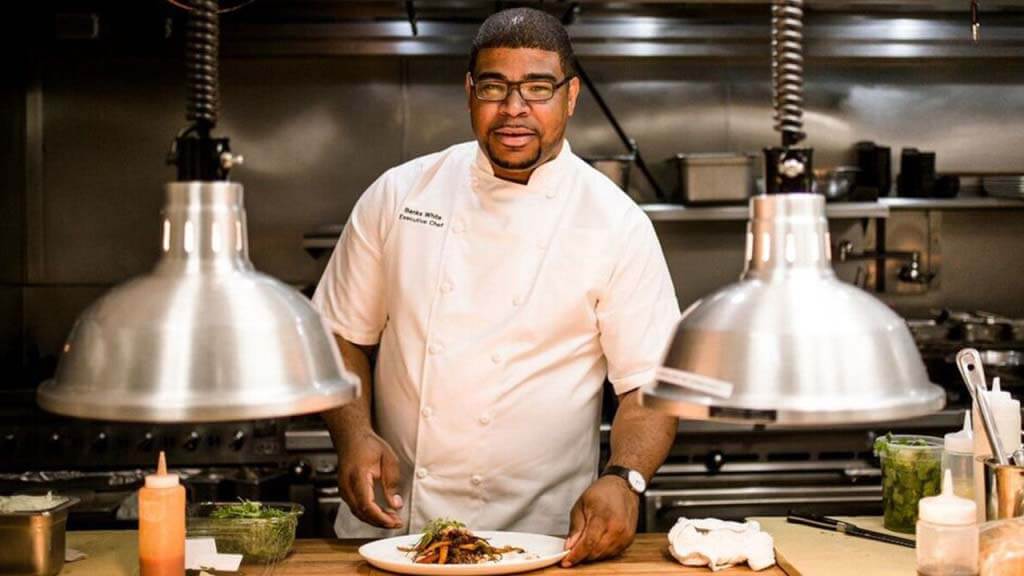When you’re thinking about a career as a cook, you may be wondering, “What does a cook do?” The answer is a combination of cooking expertise and culinary science. You should be familiar with knife skills, balance of flavor profiles, and effective meal preparation. You should also have some knowledge of nutrition and the human body, and a working knowledge of human metabolism will be useful when developing recipes and food preparation methods.
Duties of a cook
The duties of a cook may include preparing meals, maintaining cleanliness, and planning menus. They may also be responsible for ordering supplies, keeping records, and pricing menu items. In addition to preparing meals, cooks must adhere to safe food handling procedures, turn foods to ensure even cooking, seasoning ingredients according to recipe instructions, and using their own judgment to cook food. They must use various kitchen tools, weigh ingredients, and garnish food.
Cooks must be familiar with various cooking methods and be skilled enough to handle a large number of food orders without sacrificing quality. In addition to preparing food, they must follow company guidelines for proper sanitation and food storage. Depending on the place, cooks may also be responsible for washing and preparing ingredients, measuring ingredients, and managing customer orders. They must also be organized and follow regular duties, including cleaning work areas and maintaining food hygiene.
Education required
Becoming a cook isn’t particularly difficult, although many employers prefer those with formal education. In some areas, a two-year culinary program or four-year diploma is required for head cook positions. Others prefer candidates with practical experience who can demonstrate a breadth of skills. Technical schools and community colleges offer culinary programs, while trade schools specialize in culinary arts. You can become a head cook by attending one of these institutions.
There are two main types of cooks. Those working in private households, also known as personal chefs, prepare meals based on a client’s specific dietary needs. They also order groceries and clean the kitchen. Some personal chefs also cater social events. Cooks typically work full-time shifts, although some may work part-time and attend a vocational program. After completing an apprenticeship program, you may qualify for entry-level positions in restaurants or other institutions. Most cooks gain their skills through on-the-job training or an apprenticeship program.
Training involved
The training involved as a cook varies widely. While the most basic position requires little to no formal education, more advanced positions often require more experience and training. Most cooks become proficient over time and gain valuable experience in the kitchen. Some begin as kitchen assistants and progress to assistant cook or line cook positions. Others complete an apprenticeship with an experienced cook to learn the basics of the trade. This article will explain some of the training required as a cook.
Many culinary schools offer an associate’s degree, the traditional path of becoming a cook. These two-year programs typically include a foundation of basic culinary principles, as well as dietetics and nutrition studies. Generally, the program lasts about two years, but some are flexible. In addition to studying the basic principles of gastronomy, culinary institutes offer externship programs that last from six to fourteen weeks. The curriculum is designed to prepare students for both the culinary and institutional positions.
Career outlook
A career as a cook can be a lucrative choice, especially in the hospitality industry. Cooks prepare meals and specialty foods and may also supervise a team of cooks and oversee the kitchen. They may also supervise kitchen activities and plan menus. Cooks typically work in restaurants, fast food outlets, and institutions. The BLS projects that employment for cooks will grow by more than 9 percent between 2014 and 2024. To find a rewarding career in the food service industry, consider pursuing a degree in culinary arts.
The Bureau of Labor Statistics projects that employment for chefs and head cooks will grow by almost 9 percent over the next decade. That is faster than the average national growth rate, which is only 7 percent. However, this career path is not without its challenges. For example, if you are passionate about food and want to work with high-quality products, you may face stiff competition. For this reason, you must be skilled in cooking to ensure your success.
Thank for read , Wolfgang Puck restaurant san francisco
See more at : https://ramblersf.com/

